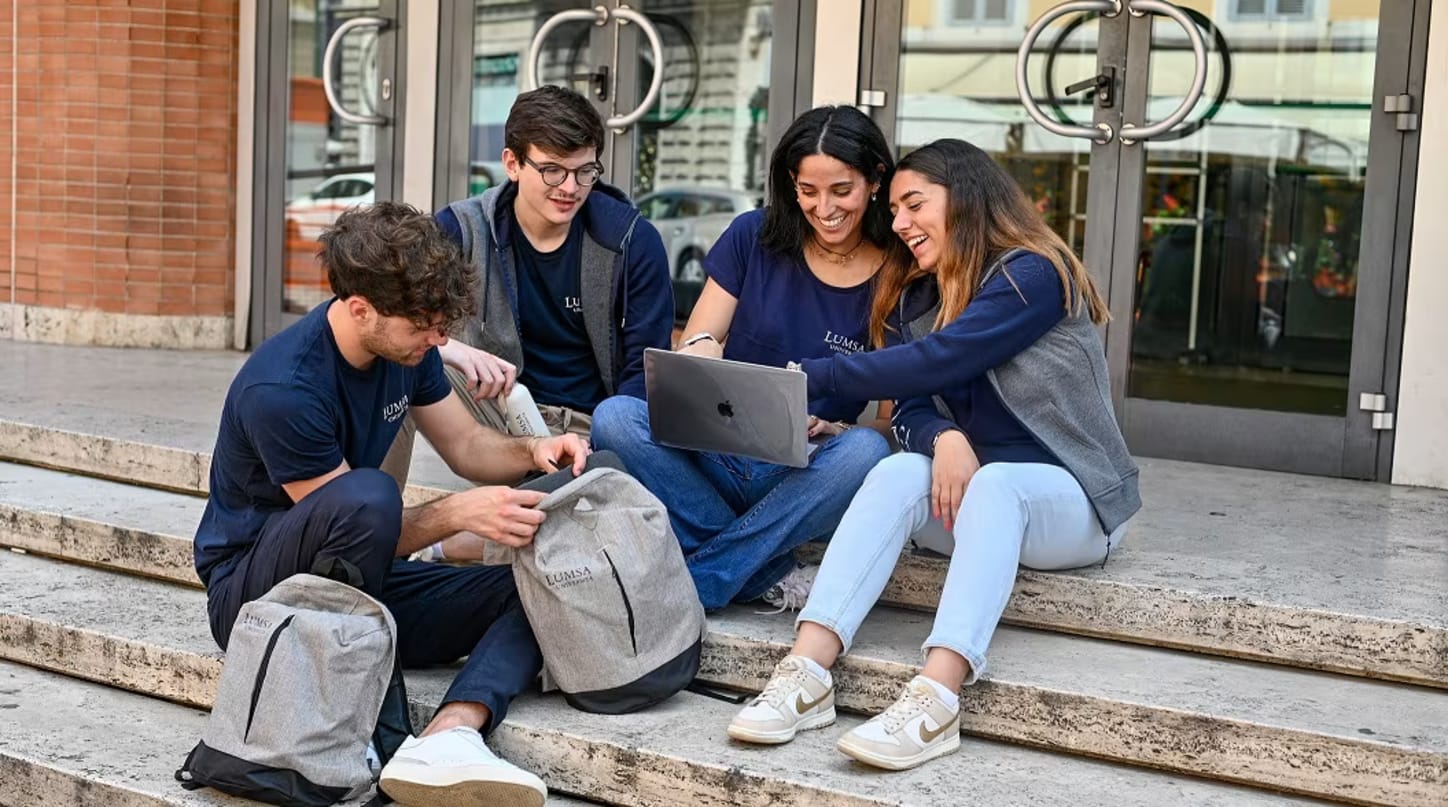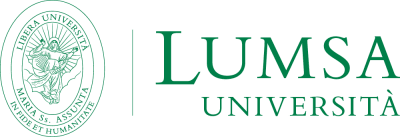
Master in International Relations
Rome, Italy
DURATION
2 Years
LANGUAGES
English
PACE
Full time
APPLICATION DEADLINE
Request application deadline
EARLIEST START DATE
Oct 2025
TUITION FEES
EUR 4,390 / per year

STUDY FORMAT
On-Campus
Introduction
The master's Degree in International relations aims to provide students with specific and qualified skills in the field of International Relations. Only by mastering these tools will they be able to analyze, interpret, assess, and manage the global scope of political phenomena and their relative policies, as well as general economic and social aspects inherent to the relations among countries, public and private institutions, and national and international, governmental and non-governmental organizations. Thanks to its multidisciplinary approach, the course intends to equip students with the essential elements to engage in decision-making and problem-solving activities in complex, changing contexts that are radically different from their own.
Graduates in International Relations will acquire specific languages and basic tools for the theoretical and empirical analysis of every discipline and advanced preparation in the classical disciplines of International Relations (law, history, economics, politics, and language). They shall develop excellent, both written and oral skills in a European language and a second European language or a good competence in a non-European language. They shall gain the necessary knowledge to understand the perspectives of their interlocutors and to critically analyze the socio-economic and socio-cultural processes of today's international society. At the same time, graduates shall follow a multidisciplinary and crosswise approach to acquire essential conceptual, methodological, and analytical tools and an advanced level of historical, political, and legal knowledge, integrated with a preparation focusing on the main technological and geopolitical changes introduced by the digital age. They shall propose innovative IT solutions and decision-making processes often based on information extracted from large amounts of data.
Gallery
Admissions
Scholarships and Funding
Enrolled students who fulfill the merit and financial requirements can apply for education grants. The amount goes from a minimum of € 1989 to a maximum of € 5.052,56 and varies according to the economic conditions of the family unit and the place where the student is resident. Students can ask for a part of the education grant to be converted into credit for the catering service.
Financial support through grants, exemption from tuition fees and various bands with reduced tuition fees, Accommodation through its special Housing service point, Meal facilities, Part-time jobs, and allowances for disabled students.
Curriculum
The Master’s Degree in International Relations (Laurea Magistrale Classe LM-52) is a two-year program taught in English for 120 credits (ECTS/CFU), internationally open, practice-oriented, and job-market driven.
First Year
- International Economics
- French, Spanish, German, Arabic, or Chinese Language
- Democracy in the Digital Era
- Contemporary World History
- History and Analysis of International Crises
- European Approach to Better Regulation
- Elective course
- Intelligence and Open Source Lab
- Project Cycle Management Lab or Cyber Diplomacy or Soft Skills: Public speaking
- Theology
Second Year
- International Law
- French, Spanish, German, Arabic, or Chinese Language for Intl. Relations
- History of Political Institutions
- Digital Diplomacy: New Media and New Technologies in International Relations
- Big Data and digital ecosystem
- Elective course
- Europe and Africa Cooperation and Security or Social, Political and Economic Development of Modern Asia or Soft Skills: Technical English: Drafting of a paper
- Internship
- Thesis
Final thesis and graduation
A Master's degree is awarded to students who have gained 120 ECTS/CFU credits and satisfied all curricular requirements, including the production and public defense of an original dissertation. The thesis is worth 12 ECTS.
To be admitted to the graduation session students must earn all the credits provided for in the program structure except for those credits of the thesis and must not have any pending financial obligations to LUMSA University. The thesis is evaluated on contents, presentation, and defense.
For the final assessment of the entire degree, a 110-point scale is used. Students pass the final degree exam if they obtain a mark of at least 66 (if the student has an average of 18 on 30). The Board can unanimously award "lode" (cum laude) as a special distinction.
Program Outcome
The Diploma Supplement was developed by the European Commission, Council of Europe, and UNESCO/CEPES. The purpose of the supplement is to provide sufficient independent data to improve international transparency and fair academic and professional recognition of qualifications (diplomas, degrees, certificates, etc.). It is designed to describe the nature, level, context, content, and status of the studies that were pursued and completed by the individual named on the original qualification to which this supplement is appended. It is free from any value judgments, equivalence statements, or suggestions about recognition.
The legal value of the degree is recognized in Europe as a second title cycle degree (Diploma di Laurea Magistrale).
Program Tuition Fee
Career Opportunities
- Diplomat (initial grade through public contest)
- Official in international or national bodies and institutions
- Company manager
- Expert in international relations in editorial offices, press offices, agencies, think tanks, solidarity associations and national and international NGOs
Program Leaders
English Language Requirements
Certify your English proficiency with PTE. The faster, fairer, simpler English test, accepted by thousands of universities around the world. PTE, Do it worry-free!
